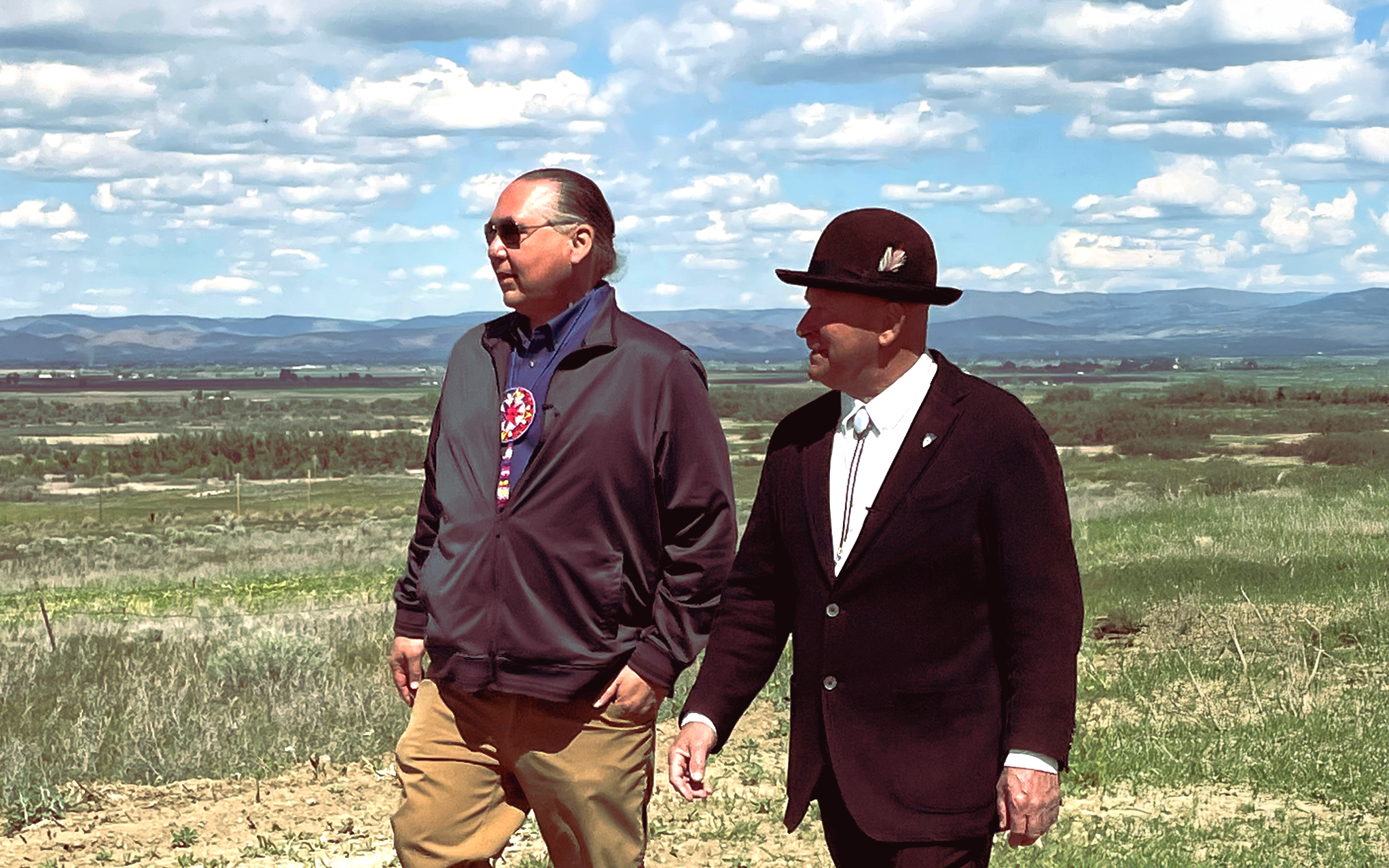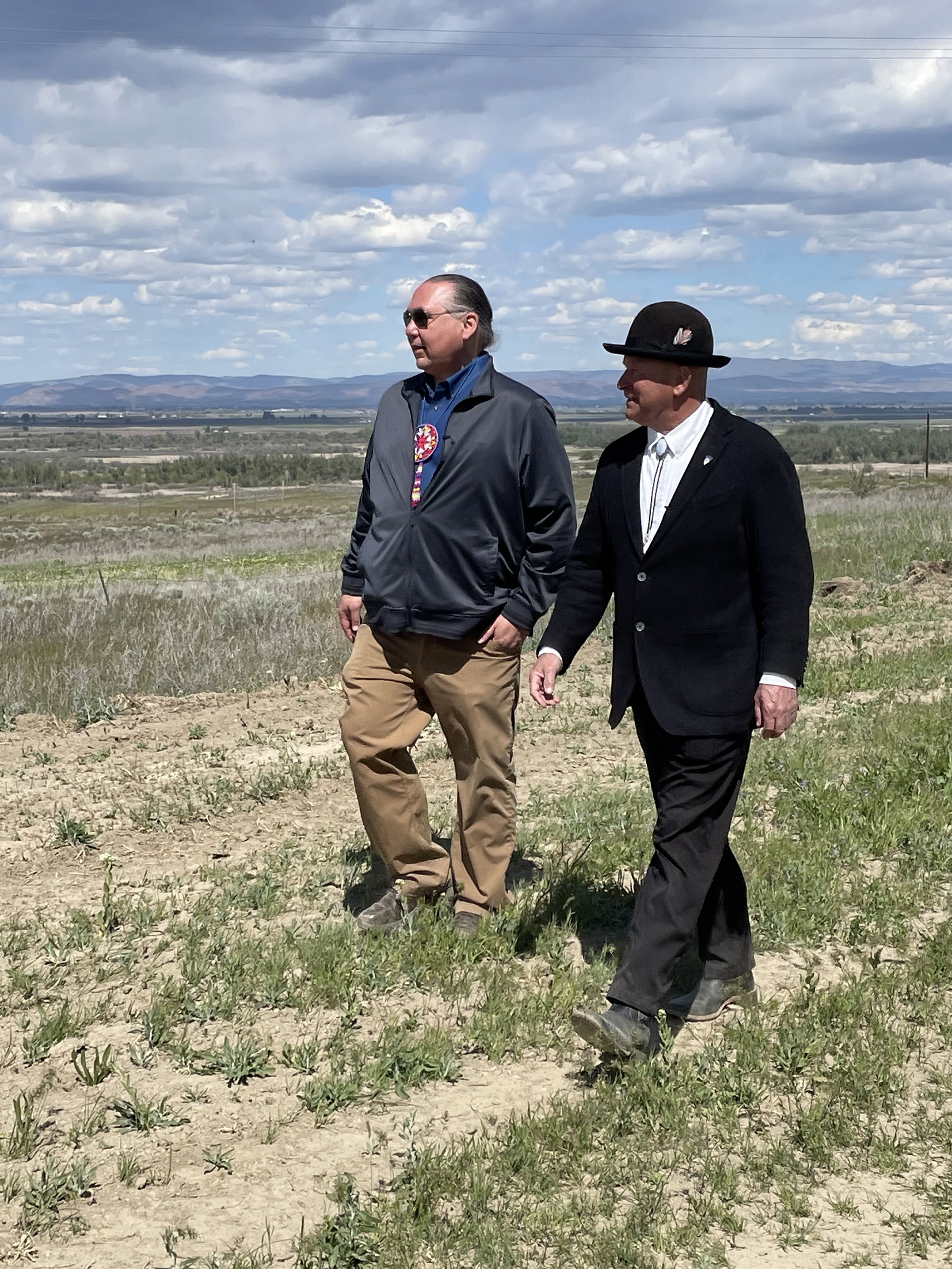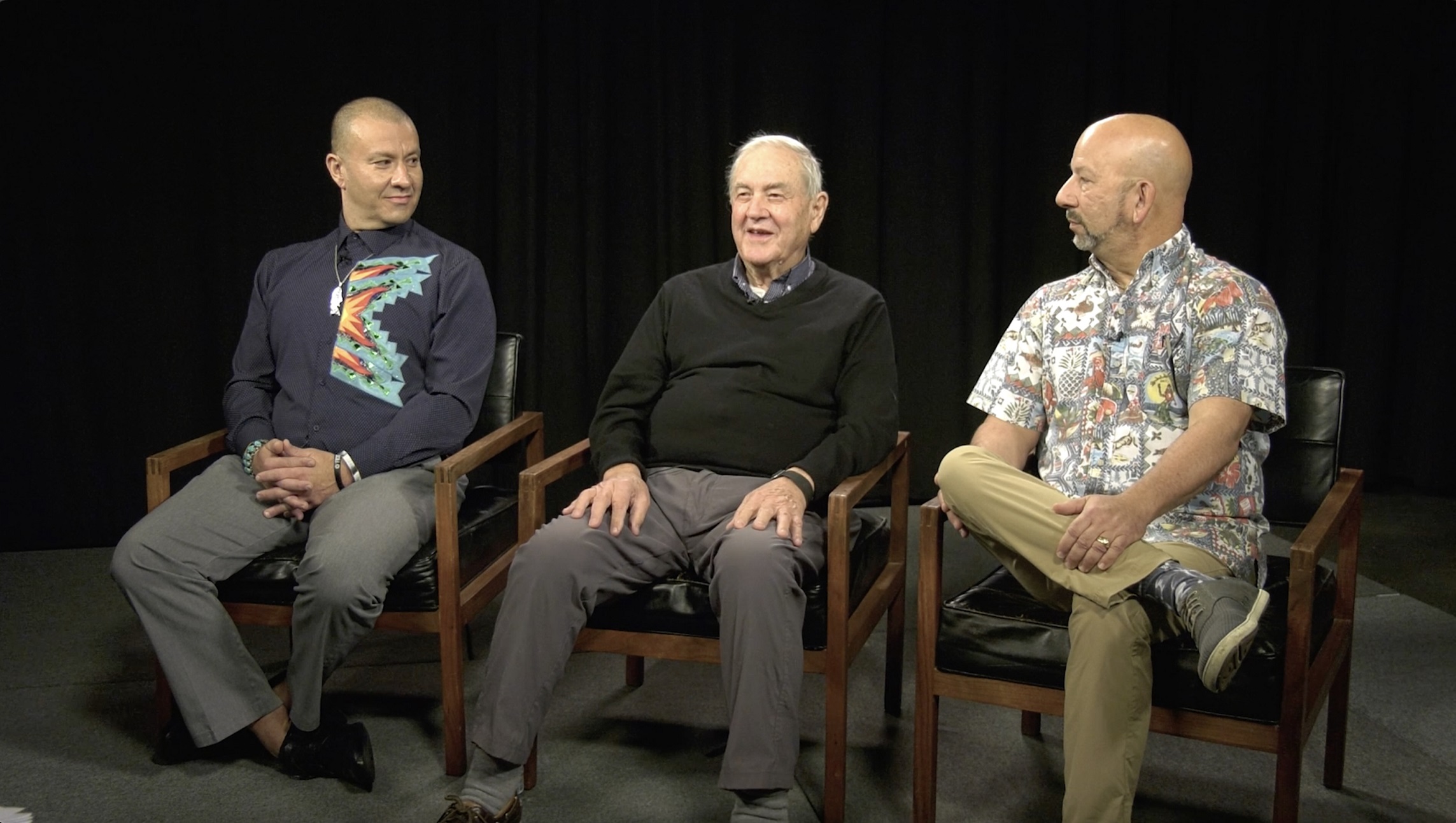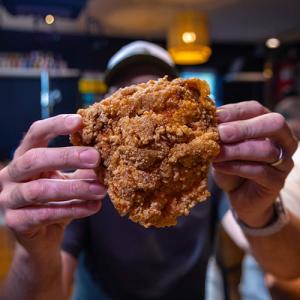
New Collaborative Leadership Program for Puget Sound Aims to Empower Future Leaders
The University of Washington’s Puget Sound Institute (PSI), in partnership with the Milgard School of Business and other partners, is launching an innovative Collaborative Leadership Program to train the next generation of leaders dedicated to protecting and restoring Puget Sound. This initiative, developed with support from the Washington Department of Fish and Wildlife and the Department of Natural Resources, focuses on teaching collaborative skills essential for navigating complex challenges related to environmental protection, resource management, and public policy.
Building on years of work, including a series of oral histories and a documentary featuring prominent Washington leaders, the program is designed to foster intergenerational knowledge exchange. It will offer training in essential skills such as conflict resolution, emotional intelligence, and interest-based negotiation. According to PSI, the program will emphasize learning from past successes in collaborative governance within Puget Sound, providing future leaders with tools to address current and emerging environmental challenges.
By building emotional intelligence and the collaboration capacity of these leaders, these groups will be able to navigate the intersectional challenges that come with different stakeholders. Many parties will come with varied levels of sophistication or be participants with different buckets of developmental areas and individual skills. They need to be good partners while representing the needs of their organization.
Key Program Elements and Goals:
- Collaborative Leadership Course: Developed by PSI and the UW Tacoma Milgard School, this course will incorporate insights from Puget Sound’s history and case studies. Open to students and professionals, the course aims to build collaborative competencies and leadership skills within the workforce.
- Interdisciplinary Curriculum: With input from the UW Evans School of Public Policy, UW Earthlab, and the AgForestry Leadership Foundation, the curriculum will focus on Puget Sound examples, addressing themes like climate resilience, environmental justice, and diversity.
- Cross-Sector Engagement: The program will create opportunities for participants to engage with public, private, and tribal sectors, strengthening partnerships and supporting regional resilience.
Q&A
In this program, what will participants look at to foster this collaboration?
"What are the factors that facilitate favorable landscapes, that invite collective ability to collaborate, that folks will be empowered and equipped to facilitate the process of addressing and promoting constructive progress and development of an outcome."
- Zoe Barsness, Milgard School of Business
What is the status of the program?
"This project has been developing over the past two years... Phase one has been capturing the history so that it can be available to today's and tomorrow's leaders. Phase two is fostering collaborative leadership for the future... now funded by the Puget Sound National Estuary Program. This is the framework for increasing collaborative capacity."
-Michael Kern, Puget Sound Institute
Supporting the framework of the new MBA curriculum, this collaborative leadership course will be open to MSB students, educated and involved public and private sector leaders, and is expected to launch in 2026. The focus is on professionals in the middle and upper levels of their careers to build soft leadership skills and emotional intelligence.
The program adapts and distills knowledge from interviews, archives, and other preserves and synthesizes them to prepare the next generation. Cultivating these leaders satisfies both the needs of the campus mission with its community impact, and cross-disciplinary practice, serving in partnership with local Tribes and building an empathetic frame for solutions working together. The project needs additional bridge funding to extend its reach, with goals to expand its scope to include broader Washington regions, feature landmark case studies, and develop video profiles of key leaders.
Interested community members, alumni, and leaders are encouraged to support and engage with this exciting initiative.
The program is a transformative opportunity to build a stronger, more collaborative Puget Sound and ensure that future leaders are well-equipped to meet environmental and resource management challenges head-on.
For more information on this project, please contact Michael Kern at Mkern@uw.edu


Recent news
Main Content
Educated Palate
Main Content
Lawless Honored with Governor’s Student Civic Leadership Award
Main Content
Towards the Functional Characterization of All Human Genes
UW Tacoma in the News
Main Content
Minnesota adoptees respond to fraud reports in South Korean adoption programs
Main Content
What’s next for The Swiss? Upcoming workshop to tackle how to best use iconic site
Main Content
Local Leaders Recognized at UW Tacoma’s Business Leadership Awards
Contact Information
- Phone: 253-692-5630
- Email: milgard@uw.edu
- Milgard School of Business (directory)



